In Tanzania, over 3.6 million children are not in school, and more than 1.5 million of them are girls. Despite free education policies, gender disparities remain stark—especially in rural areas where cultural norms, poverty, and long distances to school prevent girls from continuing their education.
In Kibaha District, one of the most underserved regions in the Pwani area:
To address these challenges, the Daughters of Mary Immaculate (DMI) and collaborators are launching a holistic initiative to protect and empower adolescent girls in Kibaha, a rural district with limited access to secondary education. The project will reach 2,000 students across 10 government secondary schools and support 150 out-of-school girls annually through community-based vocational training in skills like bead-making and batik painting.
Each participant will receive a start-up kit to help generate income and support their families.
Within schools, adolescent clubs will be established as safe spaces where girls and boys can learn about life skills, reproductive health, and gender equality. These clubs will also provide counseling, sports, and peer support to help reduce dropout rates and build self-esteem. At the community level, DMI will lead awareness campaigns, local meetings, and stakeholder engagement efforts to promote the rights of girls and foster a more protective, inclusive environment.
This layered approach not only supports girls in continuing their education or gaining employable skills but also challenges the cultural norms that have historically held them back. It creates pathways for adolescent girls to live with dignity, safety, and opportunity.Expected Results
Budget Breakdown (Estimated for One Year)
1. Personnel Costs – $6,000
2. Training and Workshops for
Adolescent girls, boys and community members – $4,000
3. Purchase of materials- bead-making,
batik painting, and other vocational skills & – $3,000
4. Provision of start-up kits for out-of-school girls – $4,000
5. Community Awareness Campaign – $3,000
6. Transportation & Logistics – $2,000
7. Monitoring & Evaluation – $1,000
8. Administrative Costs – $2,000
Total Estimated Funding Needed: $25,000
.avif)
.png)
We provide essential services tailored to survivors' needs, including family reunification, residential care, and reintegration programs for at-risk children and youth.
.png)
Through our accreditation processes and open-source collaboration, we connect and support aftercare organizations, enhancing the quality of care and support available to survivors globally.

Engaging with a global community of service providers, researchers, and advocates, we drive innovation and continual improvement in aftercare practices to combat human trafficking effectively.

Our active engagement spans Southeast Asia, Africa, and Latin America, where we support organizations in building brighter futures for survivors and uniting communities to end exploitation.